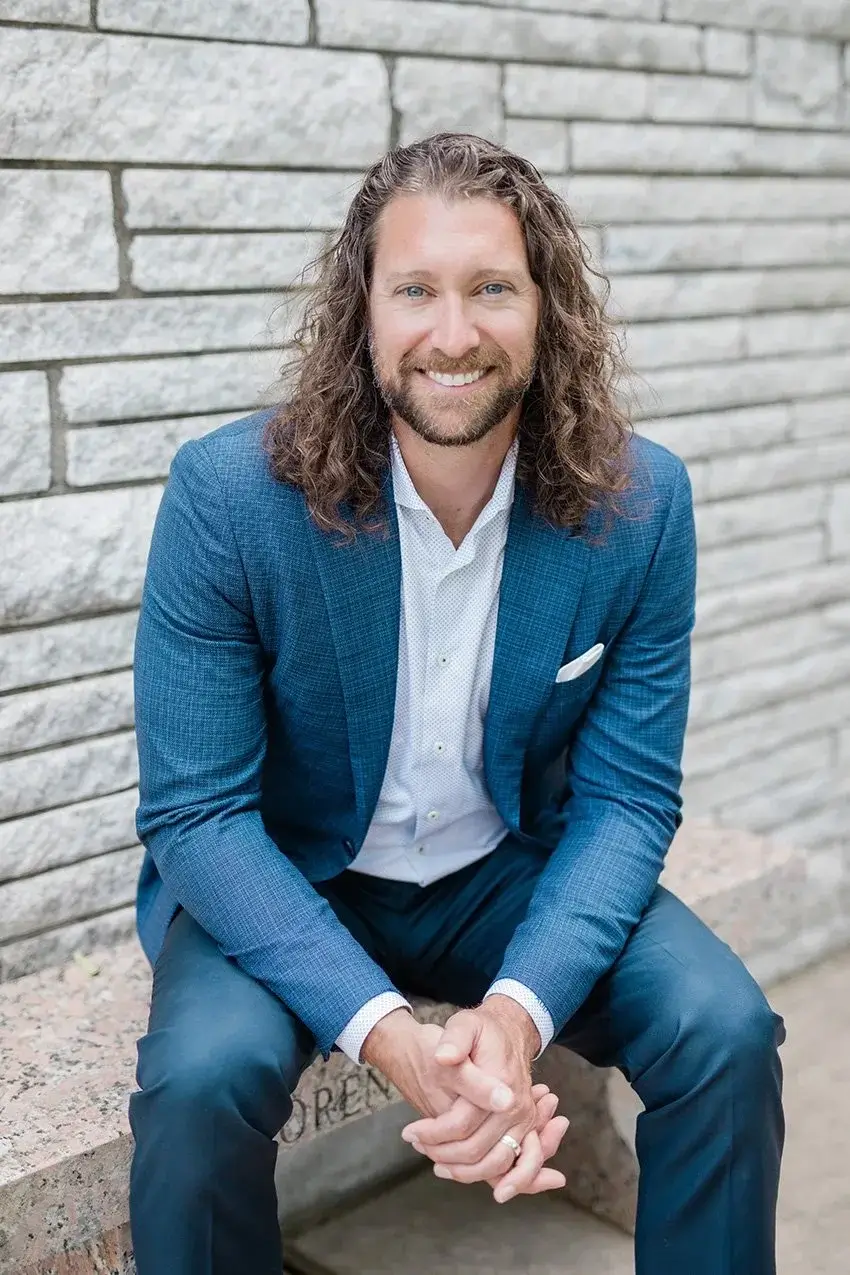How do we prevent a relapse? This is the question that is asked most often on the heels of substance abuse treatment. After the long road of recovery, we all want to ensure that it is a permanent solution. However, addiction is not so simple. There is no guarantee that relapse won’t happen, because ultimately there is nothing we can do to control the behavior of another person — no matter how much we may wish we could.
While there are no guarantees, we can take steps to make relapse less likely and to mitigate the emotional fallout if relapse does occur. The first step is accepting that you cannot prevent relapse by force of will or good intentions.
Set Healthy Boundaries
As parents, caregivers, or friends, you can set healthy boundaries to lessen the likelihood of risky behaviors that could lead to relapse. Communicating your boundaries upfront after your teen leaves treatment is a necessity. Make your rules and expectations clear from the beginning and stick to the boundaries you put in place.
It can be difficult to do, because empathy plays a factor. Wanting to be lax on rules or allow grace periods is a way of trying to maximize your understanding, but it can often do more harm than good for your teen.
Create boundaries that revolve around timelines, that are realistic, and that are specific. We recommend writing them out and posting them on the refrigerator or somewhere in plain sight — this stability and consistency is a key part of maintaining your child’s recovery.
Give Them Tools For Success
Another way to make relapse less likely is to ensure you are giving your kiddo the tools they need to succeed. Spend time together, discuss ideas, encourage positive social interaction, and help them learn how to manage the big things in life like work, school, and relationships.
Let Go & Let God
It’s okay to let go of what you cannot control. Be in charge of what you can and let God take care of the rest. A beautiful reminder of this can be found in a prayer by Reinhold Niebuhr:
“God, grant me the serenity to accept the things I cannot change, the courage to change the things I can, and the wisdom to know the difference. Living one day at a time, enjoying one moment at a time, accepting hardship as a pathway to peace, taking as Jesus did, the sinful world as it is not as I would have it, but trusting that you will make all things right if I surrender to your will so that I may be reasonably happy in this life and supremely happy with you forever in the next.”
Avoid Giving Unsolicited Advice
Always remember that it isn’t your responsibility to control your teen, only to give them the tools to make the best decisions for themselves. Be loving, supportive, and provide words of positive affirmation when you can.
Avoid the pitfall of giving unsolicited advice; it may not always be received with open arms and can even be distracting to your child. Keep your comments as concrete and supportive as possible.
So, how do you prevent relapse? In a nutshell, you can’t. But you can be there for your child, and let them know the depth of your love and compassion for their struggle. Give them the tools to succeed and let go of the things that you cannot control. Give them your love and give them your support.
If your child is struggling with substance abuse or mental health, we’re here to help. Our clinical admissions specialists are available 24/7 to help with your unique situation. Please call us at (817) 259-2597, email us at help@bivisee1.sg-host.com, or visit our website at www.ClearforkAcademy.com.
Are you wondering if your teen may have a substance abuse problem? Download our free “Teen Substance Abuse 101” guide. This comprehensive guide will walk you through discovering if your child has a substance abuse problem, and what to do next! Download your free guide here: Download Now

Originally from the Saginaw, Eagle Mountain area, Austin Davis earned a Bachelor of Science in Pastoral Ministry from Lee University in Cleveland, TN and a Master of Arts in Counseling from The Church of God Theological Seminary. He then went on to become a Licensed Professional Counselor-Supervisor in the State of Texas.
Austin’s professional history includes both local church ministry and clinical counseling. At a young age, he began serving youth at the local church in various capacities which led to clinical training and education. Austin gained a vast knowledge of mental health disorders while working in state and public mental health hospitals. This is where he was exposed to almost every type of diagnosis and carries this experience into the daily treatment.
Austin’s longtime passion is Clearfork Academy, a christ-centered residential facility focused on mental health and substance abuse. He finds joy and fulfillment working with “difficult” clients that challenge his heart and clinical skill set. It is his hope and desire that each resident that passes through Clearfork Academy will be one step closer to their created design.
Austin’s greatest pleasures in life are being a husband to his wife, and a father to his growing children. He serves at his local church by playing guitar, speaking and helping with tech arts. Austin also enjoys being physically active, reading, woodworking, and music.




